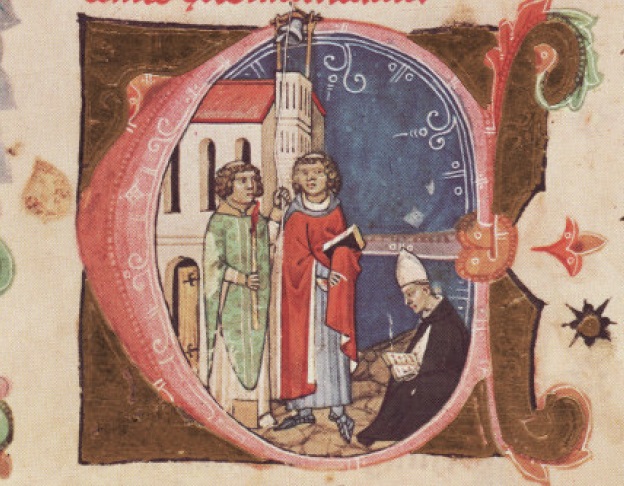„Facultatem concedit conferendi beneficia”
Les étrangers dans les bénéfices ecclésiastiques en Hongrie dans la première moitié du XIVe siècle
DOI:
https://doi.org/10.15170/SPMNNV.2021.11.02Keywords:
foreign clerics, ecclesiastical benefices, papal reservation, Hungary, 14th century, Niccolò Boccasini, Gentile de MonteflorumAbstract
For a long timé, Elémér Mályusz’s thesis, according to which foreign clerics flooded Hungarian church benefices, enjoyed unquestionable authority in Hungarian church history research, and this phenomenon could only be stopped by the vigorous action of Sigismund of Luxembourg at the turn of the 14th‒15th centuries. The present research uses prosopographic data of papal envoys to analyse this question for the first decade of the 14th céntury. Thé two papal légatés Niccolò Boccassini and Gentile de Monteflorum, who operated in Hungary, arrived, like many other papal legates, with special powers (facultates) that theoretically provided more opportunities for foreign clerics to receive benefices in Hungary. The study examines the extent to which the two papal legates took advantage of these opportunities and helped members of their own families to receive ecclesiastical benefices here, and what was their proportion in all the households of the legates.


